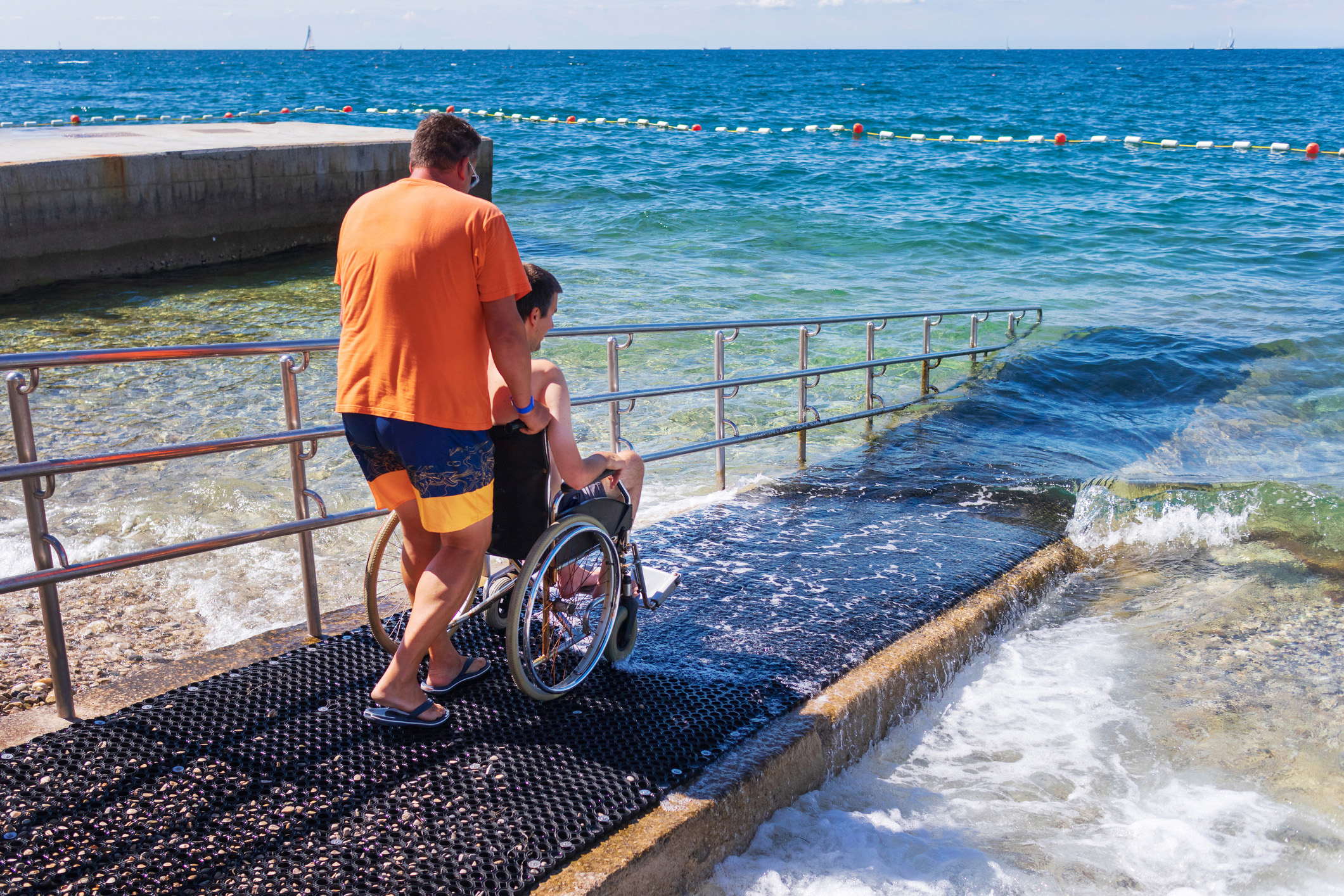With sunny days and warm weather in the forecast, many people are excitedly planning their summer trips. Nothing says summer like a day at the beach, and more state and provincial parks are giving people with disabilities the opportunity to enjoy spending time in nature, by the water, or join friends and family at outdoor gatherings through the creation of accessible parks, beaches and trails.
According to the Centers for Disease Control and Prevention, nearly one in four Americans live with a disability, and as the elderly population swells, more people are expected to use a device to improve mobility. In response to the growing need for accessibility, national parks are committed to improving accessibility for all visitors. Individual park websites provide information about accessible features, programs, and services to help visitors plan their trips, reserve campsites, and identify accessible transportation. People with a permanent disability are eligible for a free, lifetime Federal Recreation Lands Pass that covers entrance fees to more than 2,000 sites managed by the US Forest Service, National Park Service, Bureau of Land Management, and more. Some state and local parks also offer similar passes. In Canada, park visitors can check out the Parks Canada site for accessible travel, trails and activities.
Electric off-road wheelchairs that are easy to handle have been donated and rent-free of charge at seven state parks in Michigan. These track chairs can handle snow, sand, and up to 8 inches of water, allowing users to explore areas a regular wheelchair could not reach.
The Disabled Traveler’s Companion is a helpful website that addresses questions for people with a disability or age-related disabilities. The site offers suggestions for pre-planning park visits, necessary preparation, and more invaluable information to help all visitors enjoy the outdoors.
In Canada, visit the Parks Canada camping website to learn more about accessible cabins and yurts, campsites, bathrooms, wheelchair-friendly trails, and all-terrain wheelchairs available to borrow.
Spending time outdoors in nature can help people manage anxiety and depression, and experience a greater sense of belonging, Fortunately, progress is being made to provide greater inclusion in outdoor experiences for the disabled community. Read more about accessible trails and community activism by following this link to the Disabled Hikers website.






Add Your Voice
0 Comments
Join the Discussion